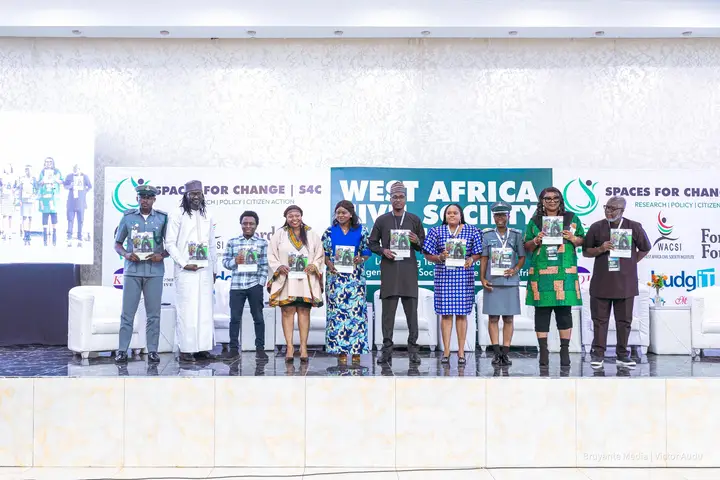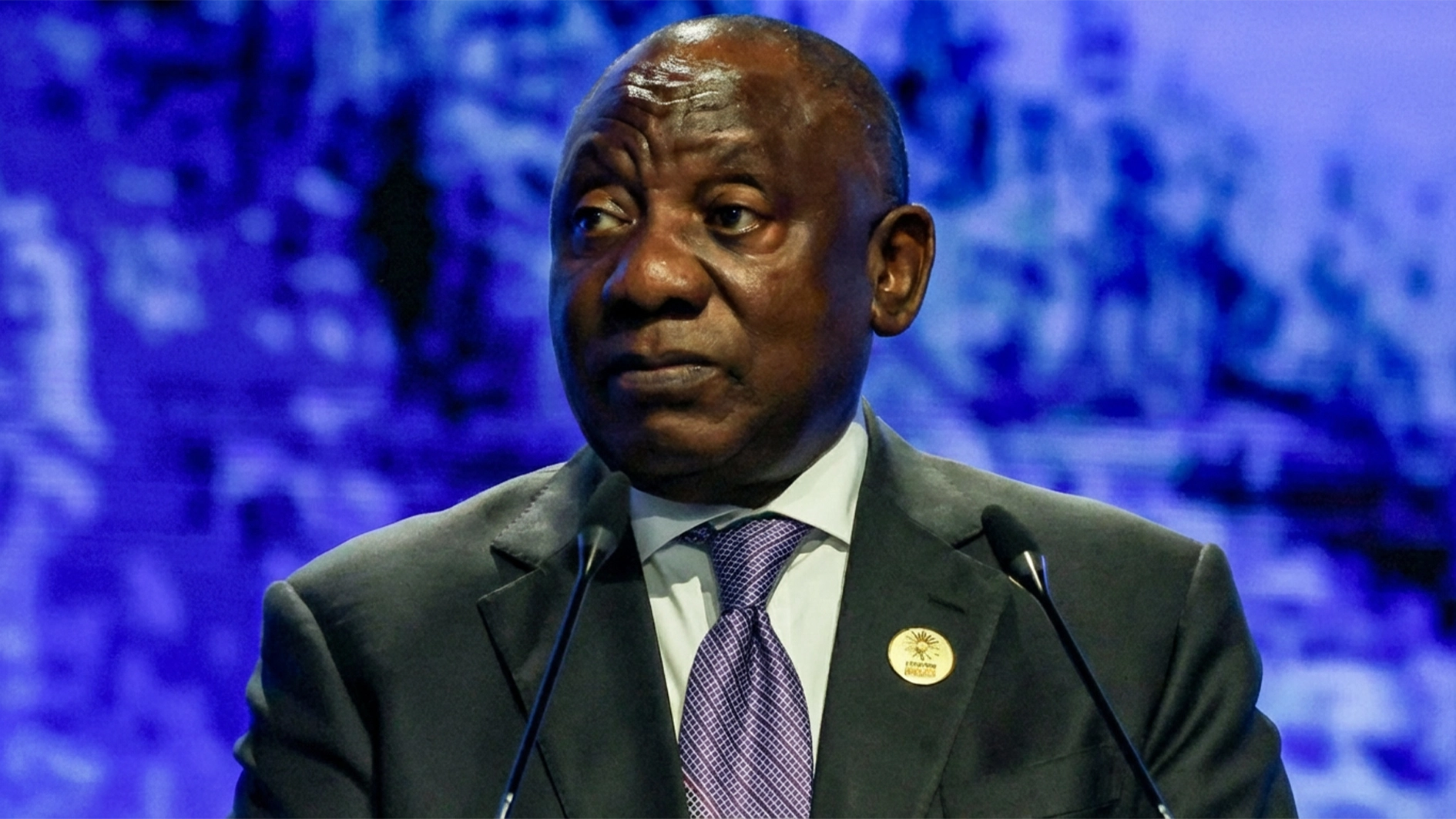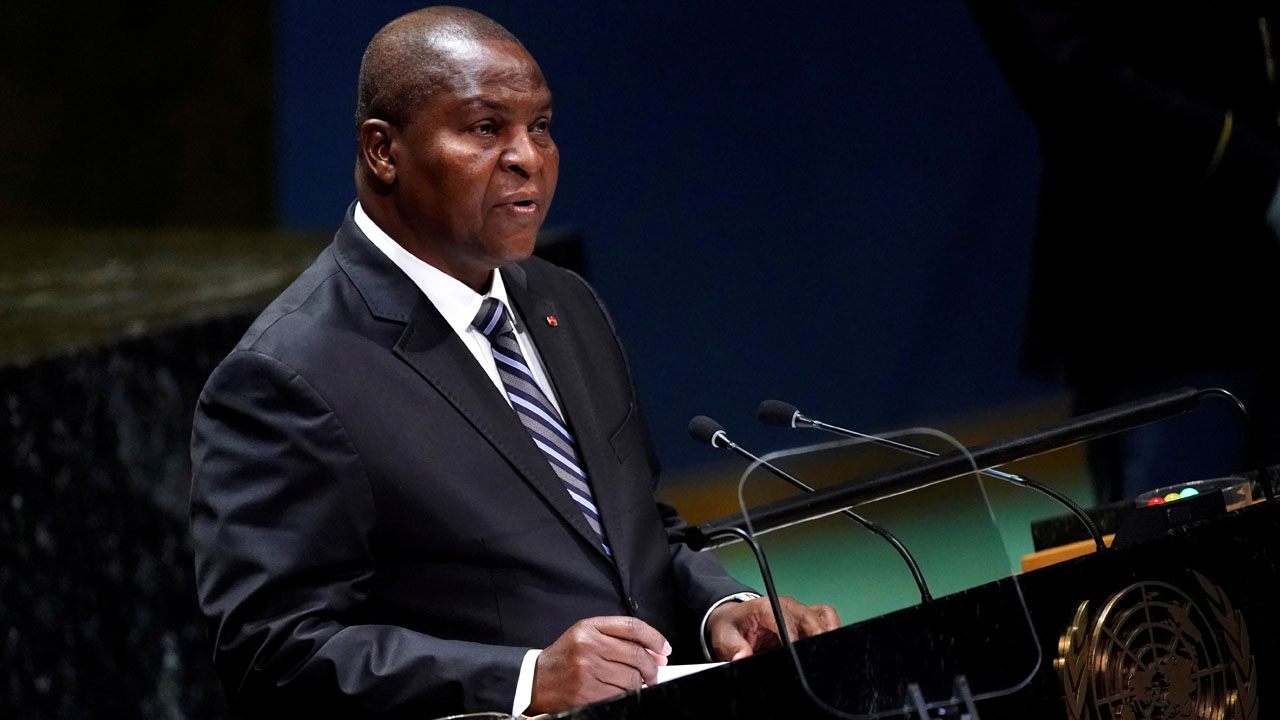
A report sanctioned by the West Africa Civil Society Institute (WACSI) has urged the leadership of the Economic Community of West Africa States (ECOWAS) to urgently develop mechanisms for managing democratic erosion in the region before it becomes a full-blown crisis.
The report titled Environmental Assessment of Civic Space in West Africa was launched on Wednesday in Abuja at the 2024 Civil Society Week by WACSI’s Executive Director, Nana Asantewa Afadzinu alongside leaders of other civil society groups in Africa.
The report attributed the democratic erosion in the region to the crisis of the civic space in West Africa, insisting that the development must be addressed by ECOWAS through concerted work with the African Union (AU), states and all actors.
According to the report: “ECOWAS, in particular, needs to develop mechanisms for managing democratic erosion before it becomes a full-blown crisis.”
It further called for the strengthening and expansion of the ECOWAS court to allow it to take on more cases and to serve as a regional arbiter of CSO-Government disputes, noting that the move will improve oversight in relation to disenabling legislation or actions of governments.
The report called for a regional standard for press freedom and digital rights, adding that a mechanism for monitoring same must be put in place in West Africa to make clear, what levels of freedom is expected and provide CSO actors with an extra tool with which to hold government to account.
Regretting how national governments in the region leverage on dependence on external development partners for funding to delegitimize civic organisations, the report urged them to allocate substantial funds to be managed independently by civic actors.
“Safeguards, such as making the funds statutory rather than arbitrary budgetary allocations, should be put in place to ensure this does not become a tool of control. This will increase local funds available to civil society and help gradually wean CSOs from over dependence on external funding.” It added.
It also called on governments in the region to work with local civil society to find a balance between the legitimate need to regulate CSOs and the need to recognise that legislation should aim at facilitating rather than constricting the civic space.
The report further called on governments to make concerted efforts to engage with civil society with the goal of clarifying national security legislation and developing mutually agreeable scenarios in which civic activities might be construed as in breach of such legislations.
According to the report, the move can lead to the creation of local government-CSO compacts outlining commitments and responsibilities in relation to national security laws.
Earlier, the report research lead and editorial team, Dr. Akin Iwilade explained that, as legislative tools dramatically constrict the civic space, press and media freedoms are also simultaneously under attack, adding that, in West Africa, significant declines in press and media freedoms were recorded over 2023 in places like Senegal, Sierra Leone and Cote d’lvoire.
“In Nigeria and Niger, there were arbitrary arrests of journalists, while in Mali, a blanket ban was instituted on any reporting of the activities of political parties. In other places such as Burkina Faso, new powers were granted to media regulators to seize broadcast equipment and shut down radio stations,” Iwilade said.
“The growth of online media and citizen journalism is helping to mitigate this clampdown on press freedoms, yet even that is being targeted by the state. The contributions of online media platforms is also complicated by the rise of misinformation and disinformation.”






